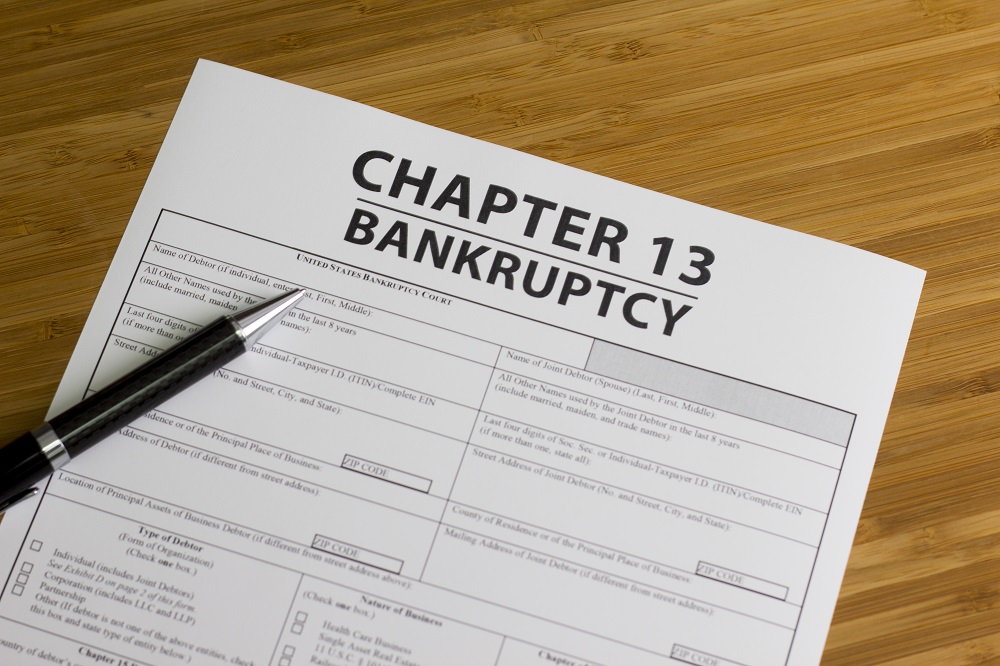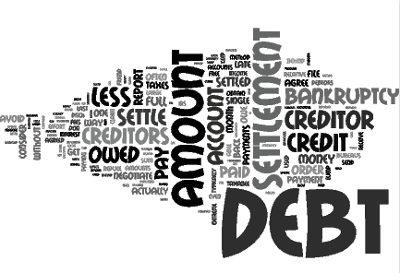About 35% of Americans have debt in collections. This means that more than a third of the population has debt that is so past due that creditors have closed the accounts and placed them in collections. Most of these Americans are uneducated as to what it really means to be in debt and how debt settlements work.
What Does Debt Settlement Mean?
Debt settlement is an agreement between the debtor and creditor where the debtor promises to pay less than what is owed, which will be regarded as full payment. There are three potential parties in this process: the consumer, the original creditor, and the collection agency. The consumer is the person in debt. The original creditor owns the original debt. The collection agency pursues payments of debts owed by the consumer. Typically, only unsecured debts that are not secured by real assets (homes or cars) can be successfully settled. Examples of unsecured debts include medical bills and credit card debts a�� not student loans, auto financing, or mortgages.
By settling with the original creditors directly, debtors avoid the stigma and the unpleasant process that comes along with bankruptcy while lowering their debt balances. At the same time, creditors can rely on the consumera��s promise to pay the debt back and escape losing most or all the money owed in the event that the consumer files for bankruptcy. If the consumer has not paid for several months and creditors lose confidence in your willingness or ability to pay the unpaid balance, they typically find another company or an affiliate company to collect a�� this is where the collection agency steps in. In this event, the collector agrees to collect the debt in exchange for a flat fee or a percentage of the amount collected. Alternatively, they can purchase your debt from the creditor for less than what the consumer owes and attempt to collect the full amount from the consumer.
Should You Get A Lawyer?
All debt issues are legal matters and often involve contracts, statutes, case law, court records, liens, credit reportsa��etc. Creditors and collection agencies prefer that you be unrepresented for several reasons, such as:
- It will be easier to intimidate you into paying them more money. Most likely, they will threaten you with a lawsuit if you do not pay the debt. Litigation is a frightening thought, so you will probably pay the amount that they request to escape a lawsuit.
- They know you do not have knowledge of the law. Since you have no knowledge of the law that govern debt collection, they have little incentive to ensure that they are in compliance with the law while dealing with you.
- If a suit ensues, they will flood you with paperwork that you cannot handle. They know that the average person does not know how to answer discovery requests and motions.
- You will not know when you have a good or bad deal in front of you. Besides the dollar amount, a good debt settlement can rest on timing and knowing when to settle. Lawyers have the experience to predict likely outcomes. Without experience, it will be hard to use timing to your advantage.
Resolving debt issues can be overwhelming and complex, so hiring a lawyer may be your best chance at getting the best possible outcome. Ariano & Reppucci has attorneys that know the law regarding debt settlement and have the experience to negotiate with creditors and collections agencies. Contact the experienced Phoenix bankruptcy lawyers and debt settlement attorneys for a free consultation.



